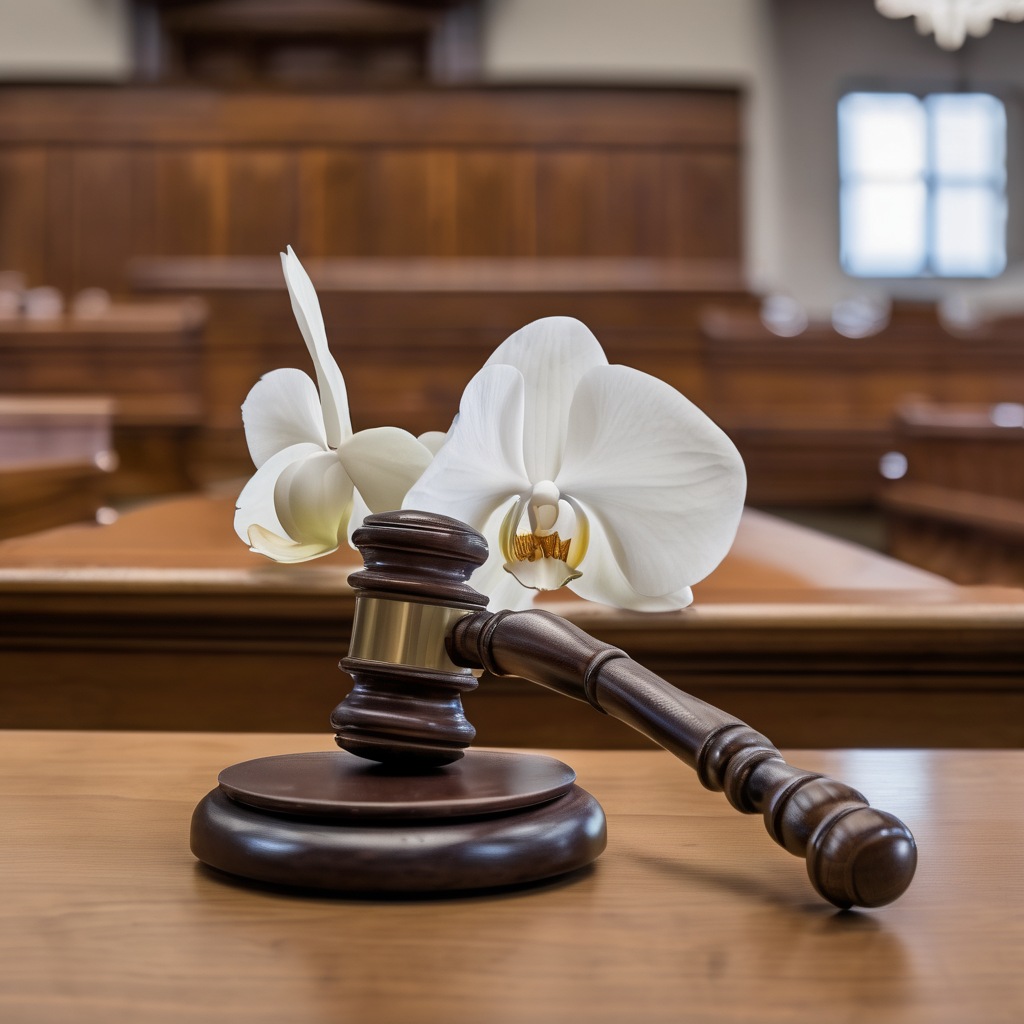Recent discussions surrounding the emails of Jeffrey Epstein have brought to light a troubling list of names, ranging from high-profile figures such as Michael Wolff, Peter Thiel, and Larry Summers to celebrities like Prince Andrew and notable academics including Noam Chomsky. This list includes individuals who either attended Epstein’s infamous gatherings or sought his advice. However, what often goes unnoticed are the names of Epstein’s victims—women like Courtney Wild, Rachel Benavidez, Michelle Licata, Maria Farmer, and others—who have accused him of sexual abuse.
These victims’ names have been redacted from a recently released 20,000-page trove of documents by Congress, yet in many cases, they remain unmentioned entirely. Epstein’s correspondence often reduced women to mere categories such as “Hawaiian tropic girl” or “girls in bikinis,” showing a disturbing mindset that objectified and dehumanized them. Virginia Roberts Giuffre, a well-known survivor of Epstein’s abuse, shared in her memoir that he believed women were “merely a life-support system for a vagina.” These revelations serve as a harrowing reminder of the attitudes held by some powerful men towards women.
In a twist of political irony, figures aligned with former President Donald Trump had long advocated for the release of documents related to Epstein, expecting them to unveil damaging information about Democrats. Now, with the documents in hand, it appears Democrats are scrutinizing them with hopes of finding implications that could concern Trump as well.
While the issue of sexual abuse and the treatment of survivors remains a serious concern, the extensive discourse around Epstein’s emails could usher in renewed awareness and discussions regarding the accountability of those in power, thereby fostering a more hopeful outlook for the future treatment and acknowledgment of survivors’ voices. It is crucial that society not only recognizes the names of the famous but also stands in solidarity with the victims who have suffered in silence.
